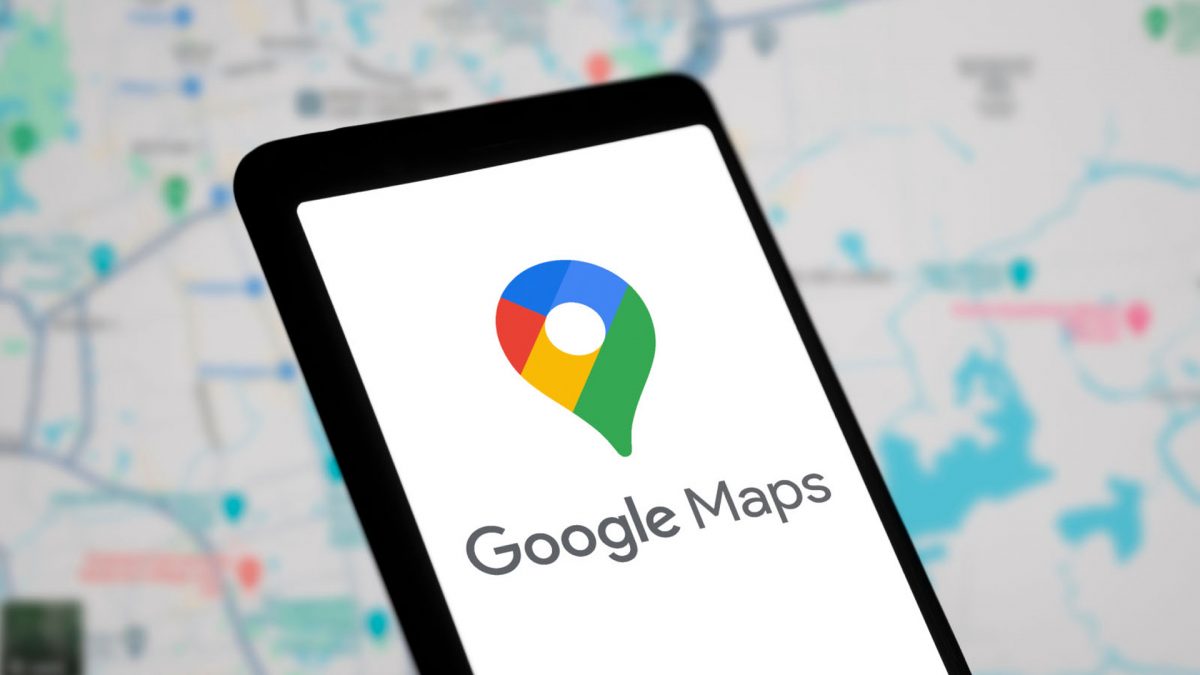While apps like Google Maps are designed to help drivers avoid such obstacles, in the West Bank, they often fall short. Missing data, outdated road information, and a lack of consideration for local restrictions have left users frustrated, especially in the wake of escalating conflict in the region.
The start of the war in Gaza last October has only worsened the challenges for Palestinian drivers. Many now turn to social media and messaging apps to share real-time updates about road conditions and checkpoints, filling in the gaps left by Google Maps, as per a report by the Wired.
While these community-driven efforts are helpful, they underscore a broader frustration with the tech giant’s inability — or unwillingness — to adapt its services to meet the unique challenges of navigating the West Bank.
A complex region, a divisive tool
The West Bank’s patchwork of roads, checkpoints, and restrictions makes it one of the most challenging places to map accurately. Google has acknowledged the complexity of the region, citing inconsistent data and rapidly changing conditions as hurdles.
The Wired reports that Google claims to have added 5,000 miles of roads in the West Bank and Gaza since 2021 and recently introduced an update to help users search for addresses in the area. Despite these efforts, many users report ongoing issues, including being directed onto roads restricted to Israelis or into areas blocked by walls or checkpoints.
Some of these problems are beyond Google’s control though, such as Israeli interference with GPS signals, which has made location tracking unreliable. However, critics argue that Google could do more to account for the specific challenges faced by Palestinian users. Employees within Google have reportedly been advocating for improvements, but progress has been slow, leaving many in the region feeling neglected.
Frustration and workarounds
For many Palestinian users, like human rights attorney Diana Buttu, with whom the Wired spoke to, Google Maps often leads to dangerous or frustrating situations. On multiple occasions, the app has directed her onto roads leading to Israeli settlements, where her presence as a Palestinian could have led to confrontations.
Several others have reported the app simply refused to calculate routes between cities in the West Bank, forcing them to rely on alternative navigation methods.
With Google Maps falling short, many Palestinians have turned to platforms like Telegram, WhatsApp, and even a local app called Azmeh, which means “traffic jam” in Arabic. These tools allow users to share live updates about road closures, checkpoints, and traffic conditions.
But even these crowd-sourced solutions aren’t foolproof. Unexpected closures and shifting road regulations mean that drivers often need to build hours of extra time into their schedules to account for delays.
Looking ahead
Despite its shortcomings, Google Maps remains an essential tool for many in the West Bank, even if only as a starting point. The company has stated its commitment to improving its service in the region, but the pace of change has left many users sceptical. Features that could make the app more inclusive, such as distinguishing between Palestinian-friendly establishments or identifying restricted roads, remain absent.
For now, Palestinians navigating the West Bank must rely on a mix of technology, community networks, and local knowledge to get where they’re going. The hope is that one day, tools like Google Maps will catch up with the realities on the ground, making life just a little bit easier in one of the world’s most challenging regions to navigate. Until then, drivers like Buttu will continue to dream of a map that truly works for everyone.
)